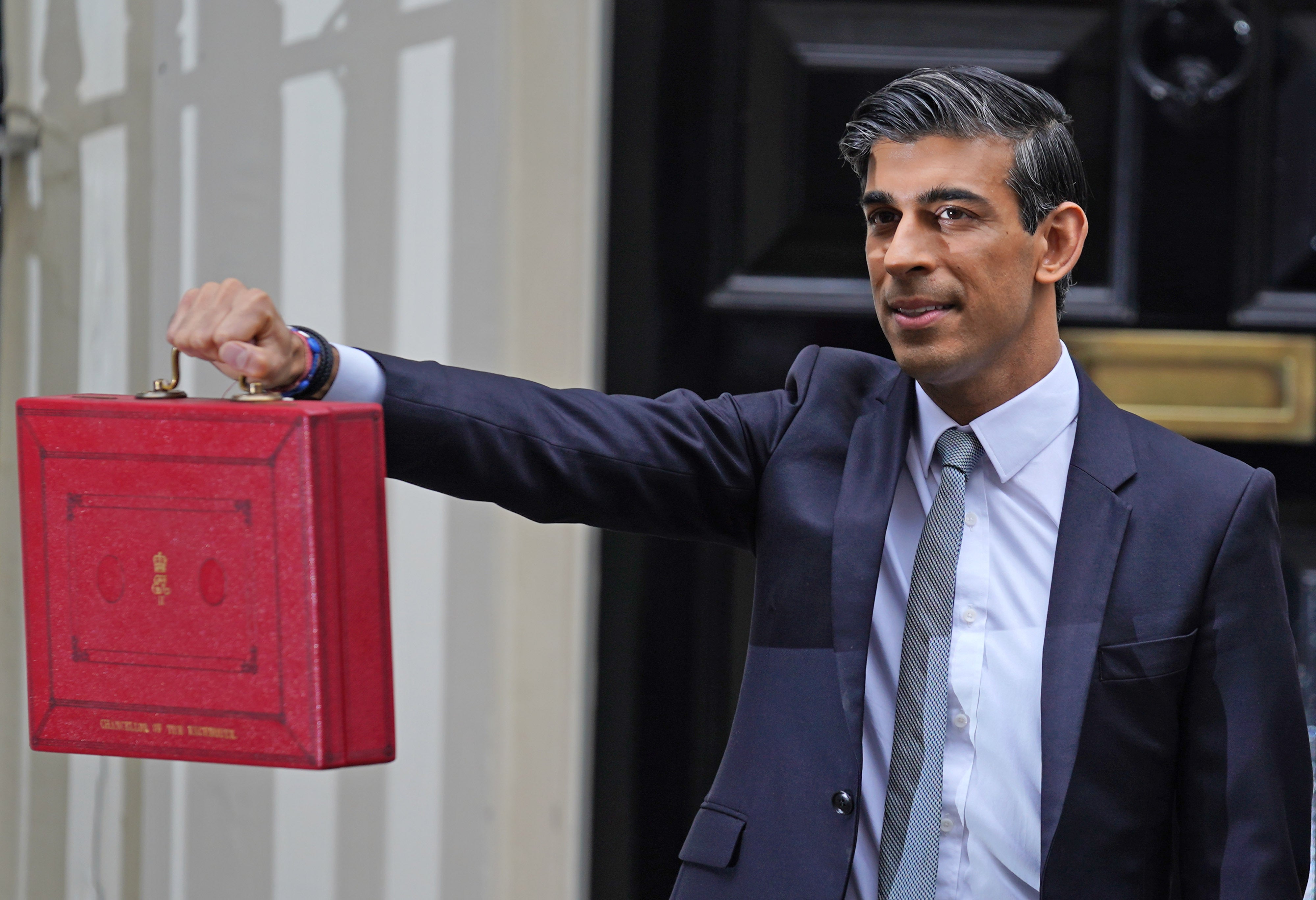Chancellor’s Budget more in the mould of Brown than Osborne – IFS
But the institute’s director warned that ‘stagnant’ living standards would be a ‘big blow’ to British families.

Rishi Sunak’s Budget had more in common with New Labour than it did his more recent Conservative predecessors, according to analysts.
The Institute for Fiscal Studies (IFS) said the decision to invest in public services, establish a “more generous” benefits system and increase wages meant the Chancellor’s Budget and Spending Review were “much more similar to Gordon Brown’s than to George Osborne’s”.
Wednesday’s fiscal statement saw Mr Sunak pledge to increase the budgets of Whitehall departments by £150 billion over the Parliament, boost local government grant funding in England by £4.8 billion over three years and raise the incomes of the devolved administrations.
The minimum wage was also hiked to £9.50 for those aged 23 and over, while the year-long public sector pay freeze was lifted.
But Paul Johnson director of the IFS said Mr Sunak was spending the majority of his recently increased tax receipts rather than putting them aside to reduce borrowing.
“To help fund the spending increases, the Chancellor confirmed big tax rises: this year has seen the biggest set of tax-raising measures since 1993,” said Mr Johnson.
“It now looks like a large part of those tax rises is to be spent rather than being entirely used to reduce borrowing as originally announced.”
In separate comments, Mr Johnson warned that the “almost non-existent” increases in living standards were a “big blow” to families and could become a “big political driver”.
Analysis of Budget documents by the IFS found that over the next five years real household disposable income is expected to grow by 0.8% per year, well below the historical average.
The expectation for household income increases over the next five years will be pretty stagnant – growing at less than 1% a year for the next five years
Mr Johnson tweeted the findings, telling followers: “This is actually awful. Yet more years of real incomes barely growing.”
Speaking to BBC News later, Mr Johnson said Government tax rises, along with inflation, were partly to blame for the poor uplift in living standards.
National Insurance Contributions for workers is to increase by 1.25 percentage points from April to help pay for the NHS and social care, which the IFS has previously estimated will bring the tax burden to 35% of GDP by 2023/24.
In his Budget speech, Mr Sunak warned that inflation, which stood at 3.1% in September, is “likely to rise further”.
Mr Johnson told the BBC: “Poor living standards had a big political effect and it looks like those almost non-existent increases in living standards over the next half a decade, that’s a big blow to all households and families of course, but it can also have a big impact on politics.”
The institute chief also contested the Chancellor’s claim that his minimum wage increase was worth £1,000 to a full-time worker.
He stated that it was instead worth £700 after tax and national insurance and “less than £300 to anyone on Universal Credit (UC)”.
The economist also said there would be “trade-offs” as part of the Treasury’s announcement on the change to the UC “taper” rate.
The dramatic reduction means that, instead of losing 63p of UC for every £1 earned above the work allowance, the amount will be reduced to 55p.
The amount people can earn before starting to lose the benefit will also increase by £500, with Mr Sunak arguing nearly two million families would keep on average an extra £1,000 a year due to the change.
But Mr Johnson said on social media: “Big cut to Universal Credit taper.
“And increase in work allowance.
“Targeted at working claimants.
“Out-of-work UC claimants get nothing.
“Trade-offs as ever.
“Improves work incentives for current recipients but will drag more into the system.”